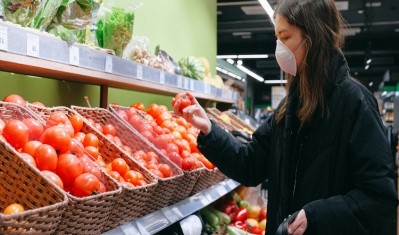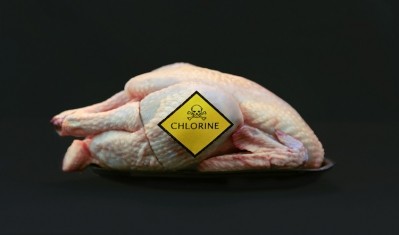Brexit: UK heading for food shortages worse than coronavirus if no deal

Speaking to the Environment, Food & Rural Affairs committee inquiry into Covid-19 and the food supply chain, he warned that the “clock is ticking really loudly” and said that a “disorderly” Brexit could mean shortages of products, including tomatoes and lettuces.
In fact, he highlighted that, in January, around 90% of lettuces, 80% of tomatoes and 70% of soft fruits came to the UK from Europe.
He warned: “If we get a disorderly Brexit, we potentially face a bigger challenge than the food supply chain faced with Covid.
Pasta
“The reason I say that is we had no problem getting food to this country at any time. In fact, Italy increased its pasta production during its worst time and sent more to us because the borders were flowing.”
He added that disruption at the borders would mean “we have got a bit of a problem” as there would not be the food to move around the country “which is the bit we did really well in this crisis”.
Speaking during the session, Opie also said that one of the “plus points” to the coronavirus pandemic had been the level of collaboration between suppliers and retailers.
“I think that is something we are going to see more of going forward,” he added.
Groceries Code
Opie also highlighted concerns about the Groceries Code, but said the adjudicator had issued her views on ‘reasonableness’ during the crisis.
“Manufacturers start to shrink their ranges and maximise the production of those that are most in demand,” he added.
Last month it was revealed that some major grocery retailers were reversing all supplier delistings made at the start of the coronavirus pandemic, while others were considering making them permanent.















